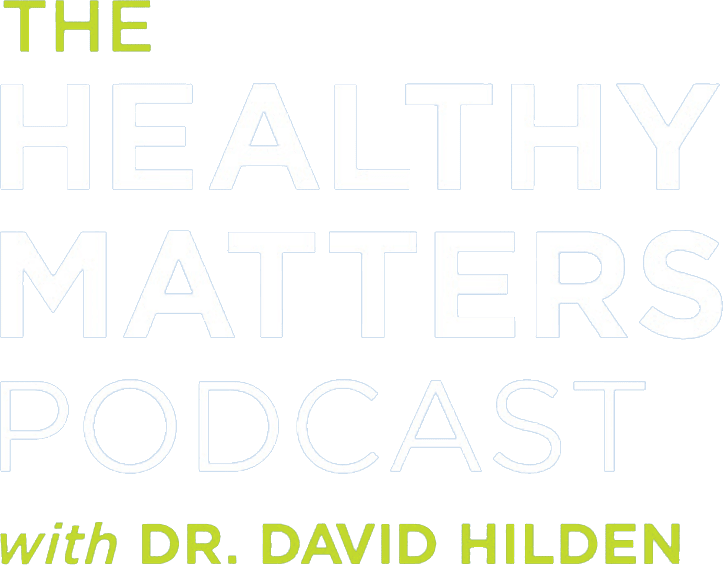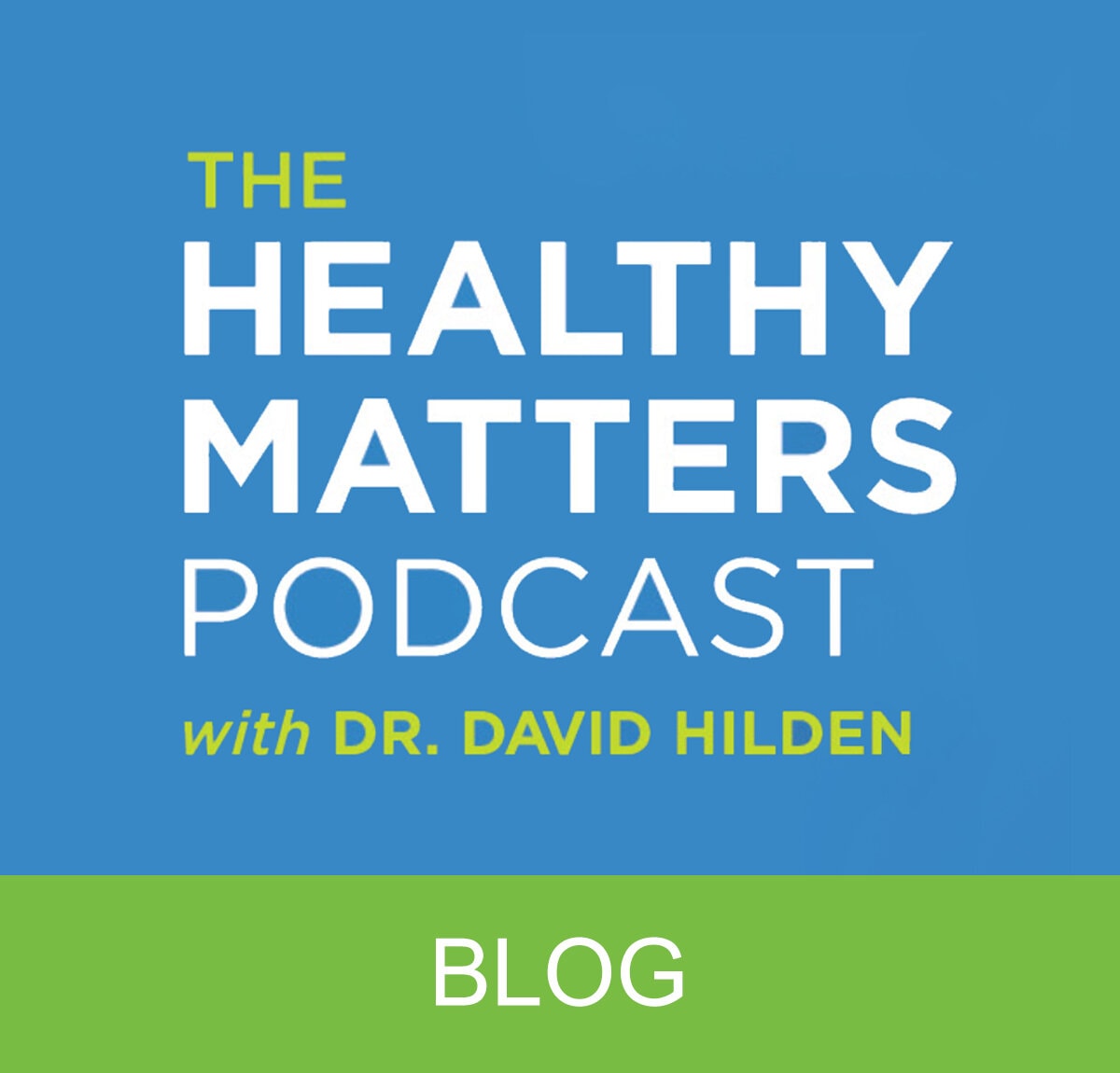Breast Cancer – from Awareness to Action
The words “breast cancer” and “the possibility of breast cancer” are words no one wants to hear. Until there’s a cure, chances are that you or someone you love will experience breast cancer, which is why I talked to Dr. Abigail Madens, a breast surgical oncologist and general surgeon at Hennepin Healthcare. In Episode 24 of the Healthy Matters Podcast, she shares insights on screening, risks, treatment and outcomes.
“As women, we like to come up with reasons we might not be as high of a risk for breast cancer,” said Dr. Madens. For example, she explains how some women might say their risk is lower because they nursed their children, which may be true, but shouldn’t replace some of the modifiable risks.
“It’s good for people to be aware of the risks. For postmenopausal women, a healthy weight is going to reduce their risk of breast cancer,” she explained. “Exercise is also really important and of course getting your annual mammogram.”
Excessive alcohol consumption – greater than two drinks per day – and diabetes can increase a woman’s breast cancer risk. There are also things women can’t control when it comes to getting breast cancer. Increased breast density is one of them, said Dr. Madens.
“Some women have more fat contained in their breast tissue and others have more breast tissue or breast cells. I think that there’s a couple different reasons why it’s a risk for breast cancer. On a mammogram, when you have a really dense breast, it just looks like a white breast and you really can’t see masses very well because they’re also white – it’s just a dense breast tissue. And dense breast tissue actually seems to give rise to faster growing, potentially more aggressive cancers.”
In addition to breast density, we can’t control what’s in our genes. Dr. Madens said that genetic risks are more complex now, and that in the past they only tested for two genes: one for breast cancer and one for ovarian cancer syndrome.
“Now we test for 9 genes, and when I have patients that come to me with genetic mutations, I usually take them to a website established through Harvard called Ask 2 Me. You can go in and plug in a woman’s age what kind of cancers they’ve had, what gene mutation they have, and then you can see their cumulative risk.”
Estrogen exposure, atypical biopsies, lumpectomies, mastectomies and more are part of this important discussion with Dr. Madens on Episode 24 of the Healthy Matters Podcast.
Community Immunity
Who should get the pneumonia shot? Can you get multiple vaccines on the same day? Who should get the shingles shot and why? In Episode 23 of the Healthy Matters Podcast, I get these answers from my colleague Dr. Kate Hust, medical director of the Internal Medicine Clinic at Hennepin Healthcare.
We’re all accustomed to getting vaccines, but the COVID-19 pandemic brought discussion about them to the forefront of many conversations. I wanted to get the latest information from Dr. Hust about the COVID boosters, immunity and when and why we should consider getting the next shot.
“The latest booster vaccine, which we refer to as the bivalent booster, is available both from Pfizer and Moderna,” she explained. “And it prevents against additional strains of COVID compared to what our initial COVID vaccines were. It’s for everyone ages 12 and older.”
And what if you’ve already had COVID? How long should you wait before you get a booster? Dr. Hust said that you have your own protection, thanks to antibodies that your body produced, for up to about three months after getting the illness.
“You don’t have to rush out and get the vaccine. As long as you have recovered from COVID and are out of your quarantine period it’s safe for you to get the vaccine, but you also have a little space if you wanted to wait up to three months.”
We also talked about influenza and flu shots. Anyone who’s had the flu will be the best advocate for the annual flu shot. People who have had the flu tell me that it “hit them like a Mac truck.” I’ve had patients explain how they practically know they hour their flu symptoms hit. “I was fine at breakfast, and by lunch I was fatigued, had the chills and was coughing… it just hit me so fast.”
“Everybody can get the flu shot,” said Dr. Hust. “We recommend it starting from infancy and above. If you’re 65 plus, you should make sure you’re getting an especially designated flu shot that has a little bit better potency to provide extra protection. The flu shot usually becomes available sometime in September and the flu vaccine season really will run through February, sometimes later into the winter. Oftentimes it’s okay to wait I would say into October or November because we expect peak flu season to come December and after, and there may be a little bit of protection that wanes over time if you get it first thing in September.”
Patients who have seen a loved one experience the pain and rash of shingles often request this vaccine to avoid a similar encounter.
“The shingles vaccine can help prevent shingles, but what it’s actually really good at is decreasing the risk for what we call post-herpetic neuralgia — or the pain that comes after getting shingles.”
Give Episode 23 of the Healthy Matters Podcast a shot. Talking with Dr. Hust definitely boosted my knowledge about immunizations!
More of the Myriad Myths in Medicine – Let’s Debunk Again!
We’re tackling more myths of medicine on Episode 21 of the Healthy Matters Podcast. Oh – you’ve heard some of these before: “An apple a day keeps the doctor away,” and “don’t go outside with your hair wet or you’ll get sick!” Healthy Matters producer John Lucas joins me as we poke holes in these myriads of myths – and maybe even endorse a few.
Can cold weather make you sick?
Myth! It may make us feel down in the dumps when it’s below zero but we can’t blame cold weather for making us physically ill. While some viruses like influenza live better when the air is colder and drier, that’s not the reason why we get sick. Staying indoors around others who are avoiding the cold weather is why we are more likely to catch the flu and other illnesses during the colder months. You can catch a lot of cold-related things like frostbite, hypothermia or dry skin from going out in cold weather (I hope not!) but you won’t catch a cold.
How about them apples? Will they keep Yours Truly away?
Not likely – but there may be some truth to staying healthy by eating more fresh fruits and vegetables, and apples certainly fall into that category.
Plucking a gray hair – will a thousand show up to its funeral?
Myth! Has anyone else heard this phrase? Don’t pull your hair out over this one, just check out the podcast for more information before you start shrinking. Oh yes, that is not a myth. It’s true, as we age both men and women can lose some height due to several reasons, but gravity is the major culprit.
Does cracking your knuckles or other joints promote arthritis?
Myth! While cracking your joints increases your chances of being annoying, it’s not particularly dangerous. Listen to the podcast to find out what makes the sounds when you crack your joints.
Is breakfast for champions? Is there such thing as fat-burning foods? Is hearing loss permanent? You’ll find out the answers in Episode 21 of the Healthy Matters Podcast.
One thing we can all agree on is that laughter is the best medicine – and puppies can also give us a dose of joy that will brighten anyone’s day. Hear about some shenanigans that were recently deployed in one of our busy clinics to remind us that laughter is a very powerful predictor of health.
Thank you for listening to the Healthy Matters podcasts and remember, don’t criticize anyone unless you’ve walked a mile in their shoes (because then you’ll be a mile away, and have their shoes). Sorry, bad dad joke. Did it make you laugh?

